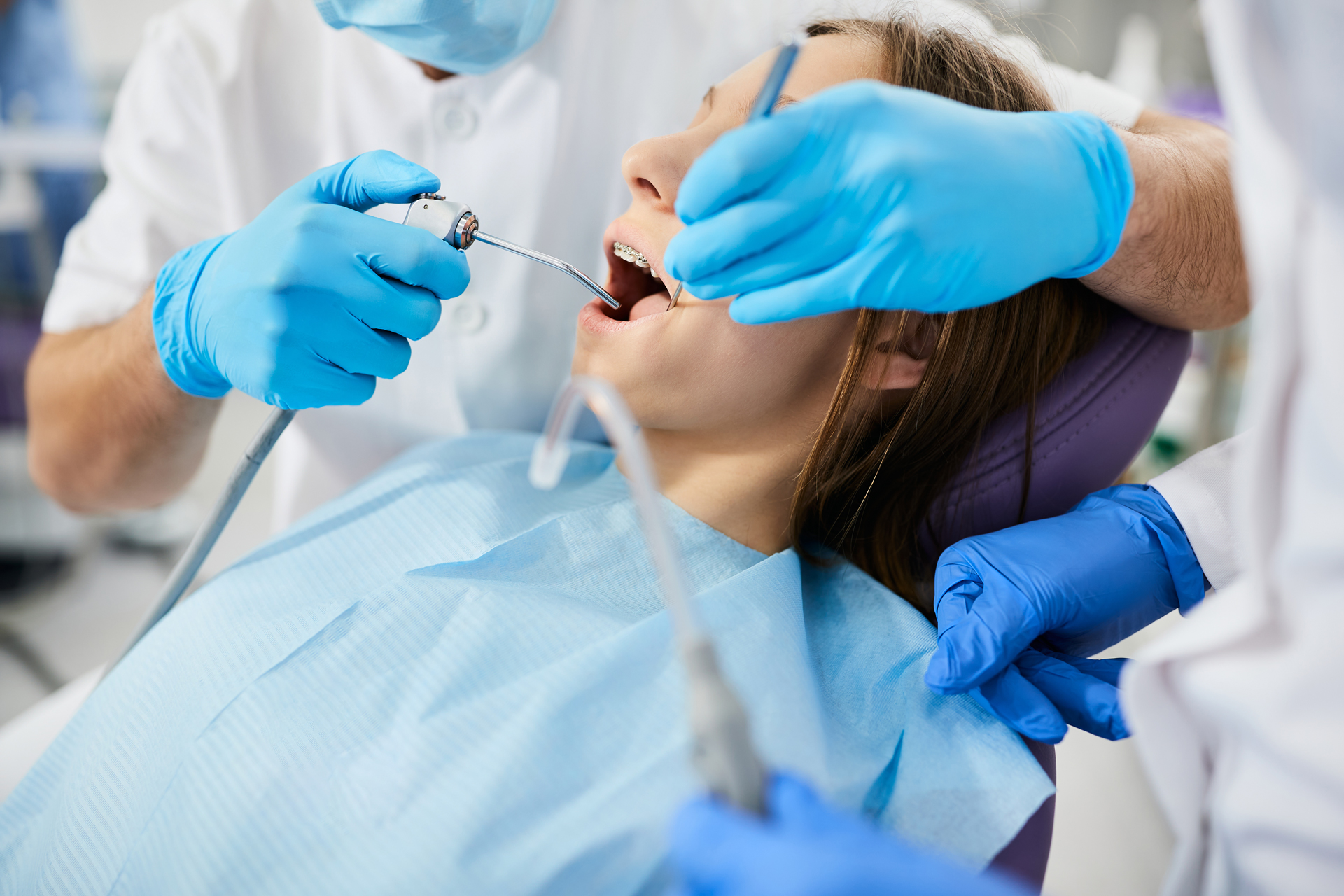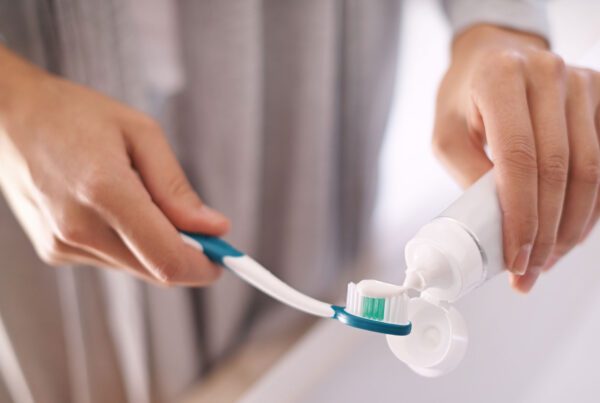When it comes to your teeth, prevention and maintenance are significantly better than repairs in every way.
Basically, it’s better to prevent cavities and problems from happening in the first place, rather than work to repair the damage further down the track. This way is cheaper, less painful, and better for your oral health overall.
While everyone knows that regular visits to your dentist for a check-up are important for preventative dentistry, you should also know that a hygienist is just as beneficial for your dental and oral health.
What does a hygienist do?
A dental hygienist provides a professional cleaning for your teeth and gums.
Even though you should be brushing and flossing at home daily, a hygienist adds an expert touch to this routine.
They will first examine your teeth and gums for any signs of issues, such as gum disease. Next, they will clean and polish your teeth. This cleaning is more intensive than your standard brush at home as it includes a scale, where they will remove any tartar that has built up on your teeth. Tartar is hardened plaque and is too stubborn to remove with a brush at home, but it can lead to gingivitis and gum disease if it is left to progress.
The polishing step helps to prevent plaque from sticking to your teeth, and your hygienist will finish with a thorough floss around all of your teeth.
Why should you visit a hygienist?
Visiting a hygienist is important because even if you brush and floss regularly, it’s still common for plaque and tartar to build up in hard-to-reach places.
By removing plaque and tartar, your hygienist is helping to minimise the chance of gum disease. Gum disease begins as gingivitis, which includes symptoms of red, swollen, and bleeding gums. The good news is that gingivitis is early treatable with good oral hygiene, but the bad news is that if left untreated, it can progress to periodontitis, which is untreatable and can lead to tooth loss and other serious health issues.
Not only will the hygienist remove the build-up that contributes to gum disease, they will also let you know if there are any early warning signs of gingivitis and give you instructions on how to manage it at home. This can help prevent the condition from ever reaching the untreatable stage of periodontitis.
Additionally, your hygienist can give you specific tips on tooth brushing for your mouth. For example, there might be an area where you regularly have a build-up of plaque that you could pay more attention to when you brush.
How often should you visit a dental hygienist?
It varies from person to person depending on their oral condition, medical condition, diet, and habits. Generally, if a person has a healthy mouth, a visit to a dental hygienist twice per year would give you the best results. This can help keep you on top of preventative maintenance so you don’t have to make return visits for treatments such as fillings.
If you’ve never visited a dental hygienist, it’s not too late to start. Contact us today to fill out a new patient form or make a booking if you’re overdue for a visit.






